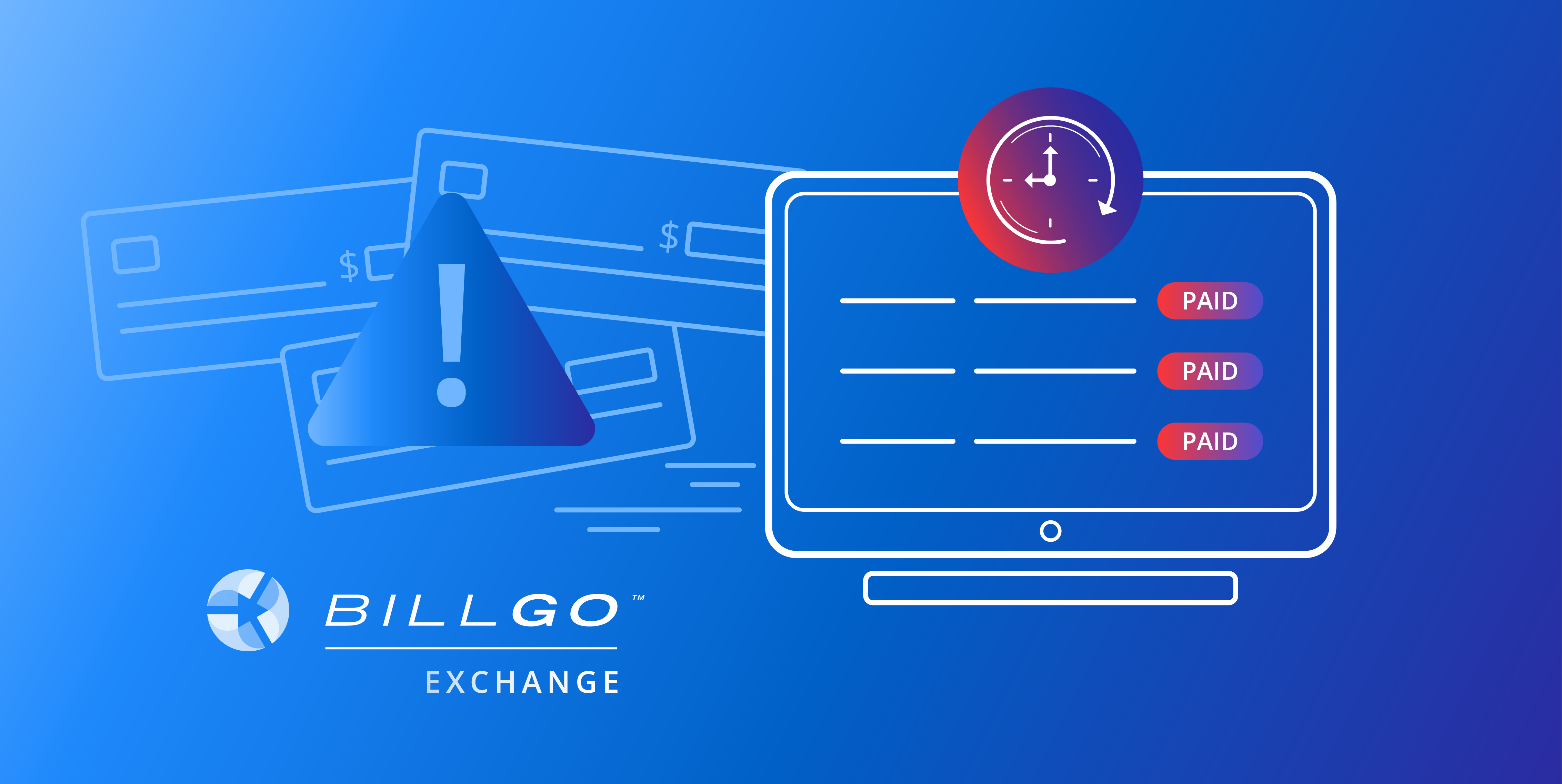In our increasingly digital world, paper checks may seem like a relic of a bygone era, yet they remain a common payment method for many small businesses. However, relying on paper checks isn't just outdated—it's also a risky practice.
As a payment method, checks are highly susceptible to various risks, including loss or theft during transit, as well as potential alteration, counterfeiting and forgery. According to the 2023 AFP Payments Fraud and Control Survey Report, checks are the payment method most vulnerable to fraud. The report indicates that 63% of survey respondents have experienced some form of check fraud activity, whether attempted or actual.
During the pandemic, check fraud increased as criminals targeted unsecured mailboxes while people were away from offices or on vacation. And the risk of using paper checks only continues to rise. An American Bankers Association (ABA) report states that check fraud more than doubled between 2021 and 2022. Even more, this study revealed that small businesses with fewer than 100 employees bore the brunt of this surge in check fraud.
In response to this alarming trend, the U.S. Postal Service and banking officials are actively discouraging the use of paper checks to help mitigate fraud. For small businesses, transitioning to a more secure digital payment method should be a top priority. Digital payment solutions not only help reduce fraud exposure, they also contribute to more streamlined operations and better financial management.
The Benefits of Digital Payments
- Fraud Prevention: Digital payments provide robust security measures like encryption, tokenization and biometric authentication, significantly reducing fraud risk. By replacing paper checks, the risks associated with physical handling and mail delivery are mitigated, lowering the chances of interception and alteration.
- Improved Cash Flow: Same-day transactions enabled by digital payments provide faster access to funds, allowing businesses to better manage their finances, cover expenses and capitalize on new opportunities. Additionally, electronic payments allow small businesses to make more money and stay in business longer.
- Operational Efficiency: Digital payments streamline bookkeeping and minimize manual data entry, ultimately saving time and reducing operational costs. The Federal Reserve reports that advancing business payment efficiency can result in significant savings, estimating $4 to $8 per invoice and $75 billion to $150 billion annually in the United States.
Getting Started with Digital Payments
- Select a Payments Processing Provider: Implementing digital payments processing doesn't have to be complex! Look for a solution that does not require new software to install or system reconfigurations and that integrates seamlessly with your existing systems. Prioritize providers that don’t tack on additional fees and provide robust security measures. Most importantly, pick a provider that keeps payments secure.
- Minimize the Need for Extensive Team Training: Opt for a user-friendly platform that provides payment data, making reconciliation easy and requiring little to no training. This way, your staff can quickly adapt to the new payment system and confidently support customers, reducing downtime and maintaining high service standards.
- Keep Customers Informed: Make sure to communicate with your customers about your new digital payment options. Update your invoices, website, social media channels and email marketing to promote the benefits of secure and convenient digital payments.
With check fraud posing a significant threat to small businesses, it's time for companies to embrace the shift toward digital payments. The benefits are clear, and the steps to transition are manageable. Moving away from paper checks is a practical way to secure your business's financial transactions while reaping the rewards of a digital, streamlined system.




